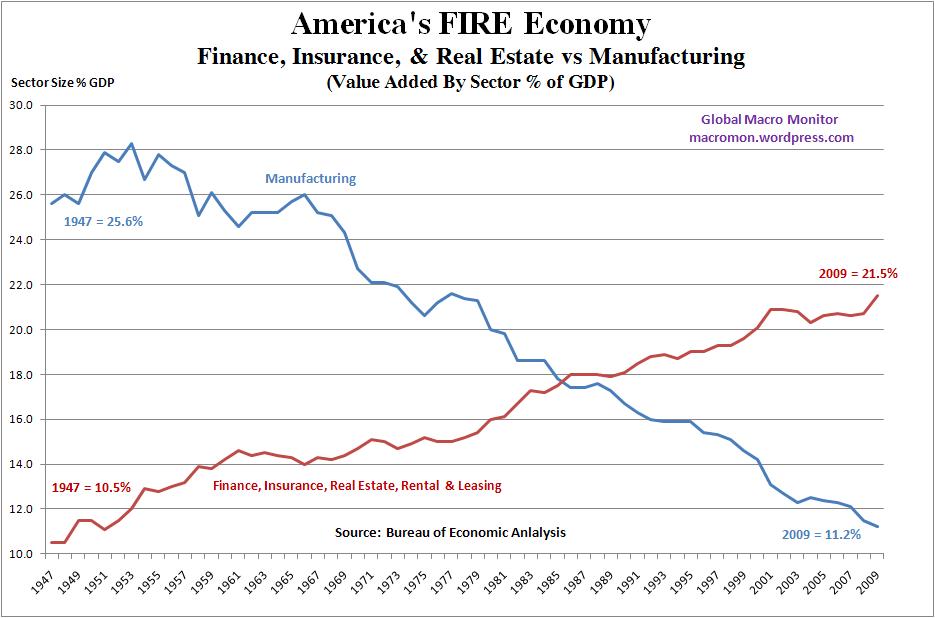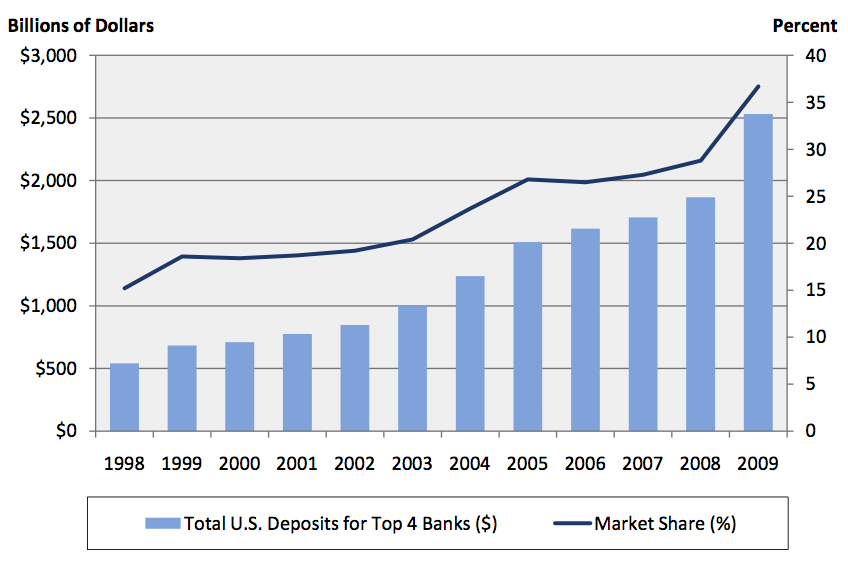http://www.theburningplatform.com/?p=10725And the great owners, who must lose their land in an upheaval, the great owners with access to history, with eyes to read history and to know the great fact: when property accumulates in too few hands it is taken away. And that companion fact: when a majority of the people are hungry and cold they will take by force what they need. And the little screaming fact that sounds through all history: repression works only to strengthen and knit the repressed -- John Steinback
John Steinbeck wrote his masterpiece The Grapes of Wrath at the age of 37 in 1939, at the tail end of the Great Depression. Steinbeck won the Nobel Prize and Pulitzer Prize for literature. John Ford then made a classic film adaption in 1941, starring Henry Fonda. It is considered one of the top 25 films in American history. The book was also one of the most banned in US history. Steinbeck was ridiculed as a communist and anti-capitalist by showing support for the working poor. Some things never change, as the moneyed interests that control the media message have attempted to deflect the blame for our current Depression away from their fraudulent deeds. The novel stands as a chronicle of the Great Depression and as a commentary on the economic and social system that gave rise to it. Steinbecks opus to the working poor reverberates across the decades. He wrote the novel in the midst of the last Fourth Turning Crisis. His themes of mans inhumanity to man, the dignity and rage of the working class, and the selfishness and greed of the moneyed class ring true today.
Steinbeck became the champion of the working class. When he decided to write a novel about the plight of migrant farm workers, he took his task very seriously. To prepare, he lived with an Oklahoma farm family and made the journey with them to California. Seventy years later the plight of the working class is the same. If Steinbeck were alive today he would live with a Michigan auto manufacturing family making a journey to fantasyland of green energy, where automobiles ran on corn and sunshine. The working class bore the brunt of the Great Depression in the 1930s and they are bearing the burden during our current Greater Depression. Steinbeck knew who the culprits were seventy years ago. We know who the culprits are today. They are one in the same. The moneyed banking interests caused the Great Depression and they created the disastrous collapse that has thus far destroyed 7 million middle class jobs. Steinbeck understood that the poor working class of this country had more dignity and compassion for their fellow man than any Wall Street banker out for enrichment at the expense of the working class.
...
The America of 1930 was different in many aspects from the America of 2011. The population of the U.S. was 123 million, living in 26 million households, or 4.7 people per household. Today the population of the U.S. is 310 million, living in 118 million households, or 2.6 people per household. The living and working structure of the country was dramatically different in 1930. The percentage of the population that lived in rural areas exceeded 40%, down from 60% in 1900, as the country rapidly industrialized. One quarter of the population still worked on farms. Today, less than 20% of Americans live in rural areas, while less than 2% live on farms. In 1935, there were 6.8 million farms in the U.S. Today there are 2.1 million farms. The family farm has been slowly but surely displaced by corporate mega-farms since the 1920s, with 46,000 farms now accounting for 50% of all farm production today.

The sad plight of the American working farmer did not begin with the Stock Market Crash of 1929. The seeds of destruction were planted prior to and during World War I. Automation through technology allowed for more cultivation of land. Agricultural prices rose due to strong worldwide demand, leading farmers to dramatically increase cultivation. With food commodity prices soaring, farmers fell into the classic trap that McMansion buyers fell into from 2000 through 2006. Farmers took on huge amounts of debt to acquire more land and farming equipment as local banks were willing to feed their illusions with loans. It was a cant miss proposition. Jim Grant in his book Money of the Mind: Borrowing and Lending from the Civil War to Michael Milken described the end result:
Like bull markets in stocks, the bull market in farmland engendered the belief that prices would rise forever. Speculators who had no interest whatever in farming bought land for the 6 percent or 8 percent annual rise that seemed a certainty throughout the early years of the century
The rise in farm prices had only begun. The price of wheat was 62 cents a bushel in 1900. It was 99 cents in 1909, $1.43 in 1916, and $2.19 at the peak in 1919. To put $2.19 in perspective, it was not a price seen again until 1947.
The collapse of prices in the early 1920s would have been devastating enough, but the damage was compounded by debt. By the summer of 1921, crop prices were down by no less than 85 percent from the postwar peak. Nebraskans, finding that corn had become cheaper than coal, burned it. As it does in every market, the fall in prices revealed the weaknesses in the structure of credit that had financed the rise.
Between 1919 and 1921, the number of banks that failed totaled 724, with only one of the largest, National City Bank, being bailed out by Washington DC. The heartland, where more than 40% of the population lived, did not participate in the Roaring Twenties. Wall Street and the urbanized Northeast experienced the rapid wealth accumulation during the 1920s. The working poor of the farm belt struggled to subsist. Land under cultivation continued to rise even after the bust of the early 1920s, tripling between 1925 and 1930. The land was over farmed and not properly cared for, depriving the soil of organic nutrients and increasing exposure to erosion. Then Mother Nature took her pound of flesh, much like she is doing today across the globe.
...

Steinbecks wrath was directed towards the bankers who stole the farms, the California landowners that treated the workers like vermin, and the police who sided with the wealthy and carried out the brutality on the workers. Tom Joads anger and wrath toward those who meant to make them cower is portrayed powerfully in this passage:
I know, Ma. Im a-tryin. But them deputies- Did you ever see a deputy that didnt have a fat ass? An they waggle their ass an flop their gun aroun. Ma, he said, if it was the law they was workin with, why we could take it. But it aint the law. Theyre a-working away at our spirits. Theyre a-tryin to make us cringe an crawl like a whipped bitch. Theyre tryin to break us. Why, Jesus Christ, Ma, they comes a time when the ony way a fella can keep his decency is by takin a sock at a cop. Theyre working on our decency.
Today, Steinbecks wrath would be focused upon Wall Street Mega-Banks, Mega-Corporations and the politicians that allow them to pillage the wealth of the nation. Droughts, foreclosures and technology drove millions of farmers into the cities during the 1930s and it accelerated with the onset of World War II. America became manufacturer to the world, with manufacturing accounting for over 28% of GDP in the mid-1950s. The business of banking, insurance and real estate accounted for less than 11% of GDP.

...

The powerful Wall Street banks were un-refrained, unregulated and unscrupulous in their unquenchable looting and ransacking of the wealth of the American public. The Federal Reserve provided the fuel and Congress lit the fuse with the repeal of Glass-Steagall, ultimately leading to the biggest financial explosion in world financial history in 2008. The financial crisis was created by the biggest Wall Street banks and the policies of the Federal Reserve. It is a tribute to their monetary power, complete capture of the mainstream media, and total ensnarement of the corrupt politicians in Washington DC, that somehow the Too Big To Fail banks are bigger than they were before the crisis. The working middle class has footed the bill for the trillions that have been shoveled into the coffers of these criminal enterprises. As a reward, the savers receive .25% on their savings. These men have put 8.5 million people out of work in the last three years. Steinbeck understood that bankers who foreclosed on the homes of poor farmers and fed the speculation that led to the Great Crash were nothing more than extensions of an evil monster:
No, youre wrong therequite wrong there. The bank is something else than men. It happens that every man in a bank hates what the bank does, and yet the bank does it. The bank is something more than men, I tell you. Its the monster. Men made it, but they cant control it.
The bankers that control our economy today deserve the same scorn and wrath that Steinbeck heaped on bankers and California landowners in the 1930′s. Jesse, from Jesses Café Americain captures the wrath in this assessment of our current state of affairs:
The Banks must be restrained, and the financial system reformed, with balance restored to the economy, before there can be any sustained recovery. All else is looting and folly, with apathy and complacent self-interest as their accomplices.

The power elite that believe they can control the masses as puppet master commands a puppet should beware. The wrath of the masses can be fierce and sudden. Ask Hosni Mubarak. As Steinbeck realized many decades ago, selfishness run amok, supported and encouraged by the authorities lead to poverty, despair and sometimes revolution. The false mantra of an economy based on self-interest and free markets is a smokescreen blown by the few with wealth and power to obscure the truth that they have used their wealth and power to rig the game in their favor. The have-nots can dream about becoming a have, but the chances of achieving that dream today are miniscule. Steinbeck pointedly distinguishes between the selfishness of the moneyed class and the altruism of the working poor. In contrast to and in conflict with this policy of selfishness stands the migrants behavior toward one another. Aware that their livelihood and survival depend upon their devotion to the collective good, the migrants unitesharing their dreams as well as their burdensin order to survive.
Those in control need to keep the masses divided. They need Americans to be distracted by phantom terrorist threats, inconsequential political differences, American Idol, Charlie Sheen, Lindsey Lohan and Lady Gaga. They need Americans to be focused on I. Their greatest fear is that the American people realize that We can change the direction of this country and bring the perpetrators of crimes against the people of this country to justice. John Steinbeck saw the potential power of the common man if they became We:
